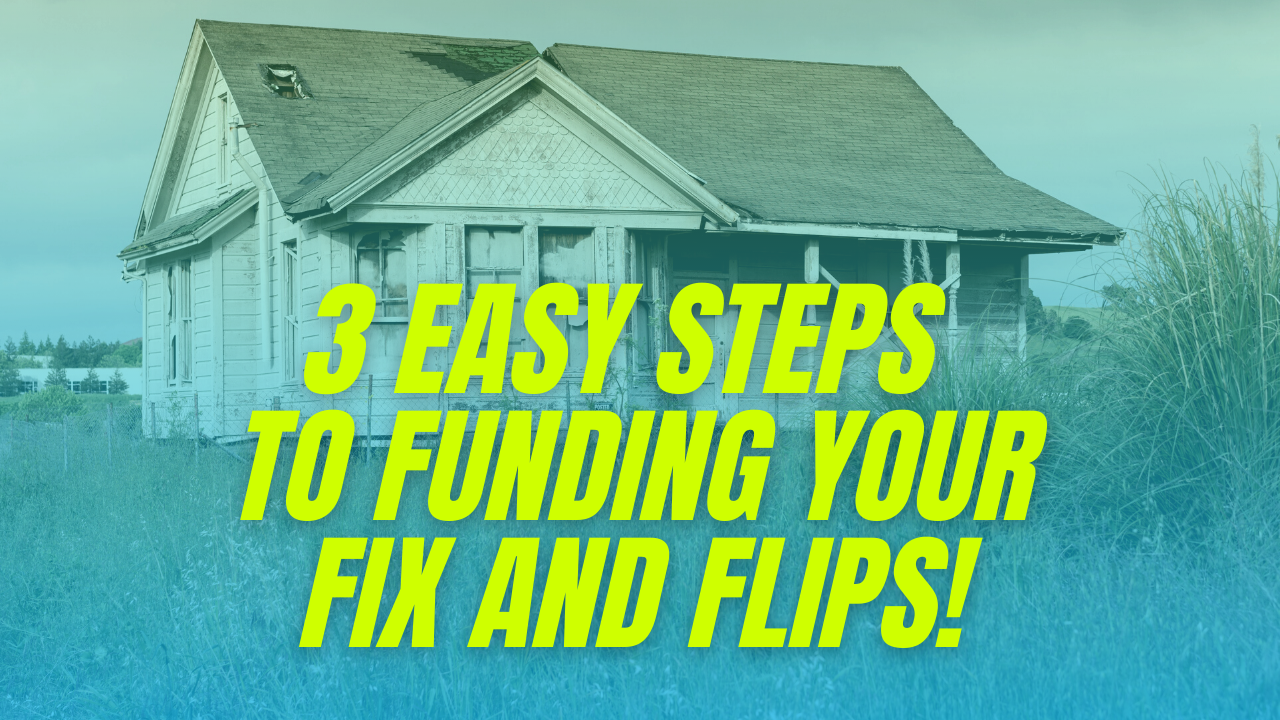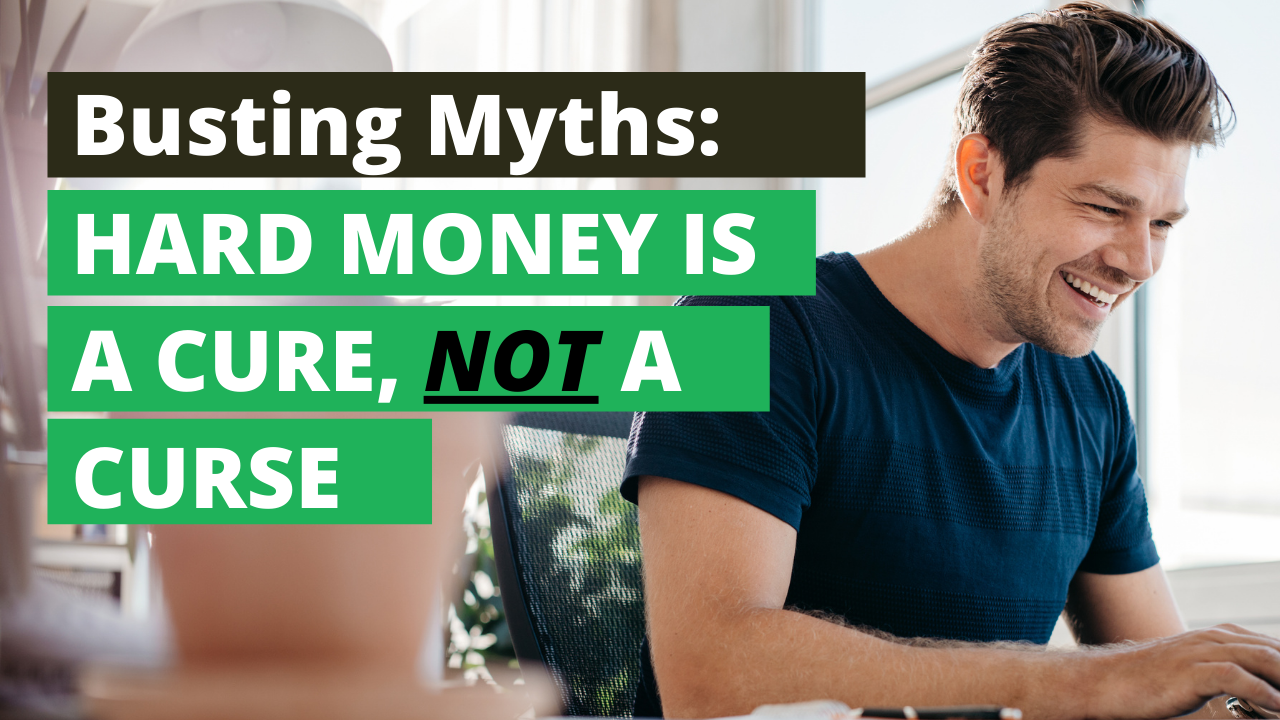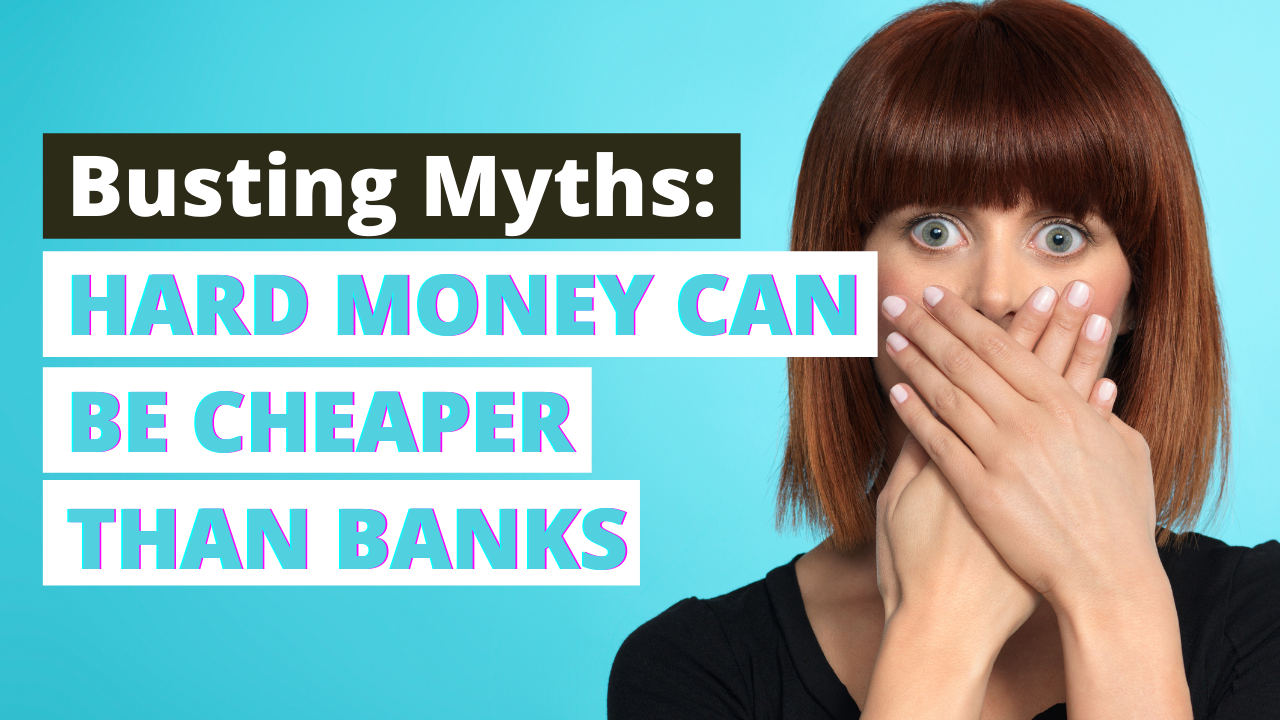How to Make Real Estate Investing EASY: 3 Steps to Getting A Fix and Flip Loan
When you’re looking to buy a value-add property like a fixer upper, then you’re probably also looking to get a fix and flip loan (aka, a hard money loan).
But what exactly does a fix and flip loan process entail for real estate investors?
Well, let’s take a look at the first 3 steps you need to take to fund your fix and flip deals. Because in order to make the most money, you need to make sure you’re working with the best lender. For you!
S0, here we go!
Know the difference between fix and flip lenders
Just like houses, real estate lenders come in all shapes and sizes. Some require in-depth real estate portfolios, good credit scores, and 10 to 20 percent into each project. These are typically the larger national companies.
Some lenders will work with newer investors with little to no money in the deal. Some will charge higher rates and less points. And some have a ton of junk fees, while some have none.
Overall, you’ll likely find the more flexible the lender, the higher the cost.
But to discover the best lender for you, you’ll need to shop around in your area.
Know what you bring to the table
If you want real estate lenders competing for your business, make it easy for them. Become a borrower that all lenders want to help.
What does that mean? Well, simply put:
- Keep your credit score high
- Get projects done on time
- Pay your lenders on time
- And build your real estate portfolio to show everything you’ve completed and who’s on your team.
Know what you’re looking for
It’s so important you know what YOU need. For example, do you need a lender who requires less money in? Less experience? Better rates? Faster closings? Just ask yourself, “What will make me the most successful?”
Once you complete these 3 easy steps, we can guarantee your search for the perfect fix and flip lender will be a great one. And that means your bank account will be very happy with you.
Ready to chat? Our team is here and ready to help you find the right loan for you!
Happy investing!










